Futures
The Futures program aims to guide humanity towards the beneficial outcomes made possible by transformative technologies.

Introduction
Guiding humanity towards beneficial outcomes
The Futures program aims to guide humanity towards the beneficial outcomes made possible by transformative technologies. By employing tools like storytelling, worldbuilding, scenario planning, research, and forecasting, we explore possible futures and determine actionable pathways. We then pinpoint the essential policies, decisions, and institutions needed to navigate these paths, and how best to deliver them. The program seeks to engage a diverse group of stakeholders from different professions, communities, and regions to shape our shared future together.
Our work
Futures Projects
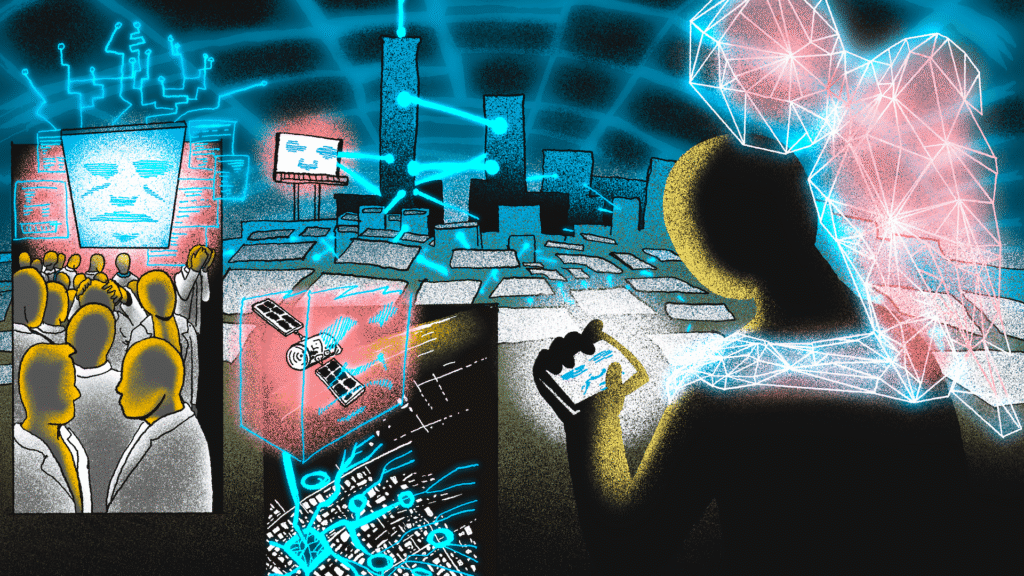
Envisioning Positive Futures with Technology
Storytelling has a significant impact on informing people's beliefs and ideas about humanity's potential future with technology. While there are many narratives warning of dystopia, positive visions of the future are in short supply. We seek to incentivize the creation of plausible, aspirational, hopeful visions of a future we want to steer towards.

Perspectives of Traditional Religions on Positive AI Futures
Most of the global population participates in a traditional religion. Yet the perspectives of these religions are largely absent from strategic AI discussions. This initiative aims to support religious groups to voice their faith-specific concerns and hopes for a world with AI, and work with them to resist the harms and realise the benefits.

AI’s Role in Reshaping Power Distribution
Advanced AI systems are set to reshape the economy and power structures in society. They offer enormous potential for progress and innovation, but also pose risks of concentrated control, unprecedented inequality, and disempowerment. To ensure AI serves the public good, we must build resilient institutions, competitive markets, and systems that widely share the benefits.

Building Resilient Futures
An age of rapid change requires resilient systems. By developing robust tools, technologies, and institutions, we work to solve humanity's critical challenges while strengthening society's foundations. Our mission is to ensure technological advancement creates stability and flourishing rather than disruption.
All our work
Our people
Meet our Futures team
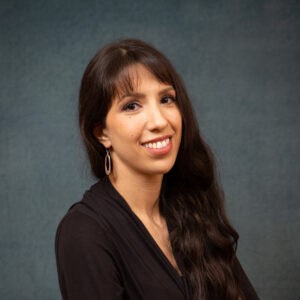
Emilia Javorsky MD, MPH

Anna Yelizarova

William Jones
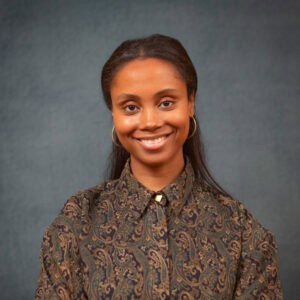
Isabella Hampton
Our content
Recent content about our Futures work

The Future and the Artificial: An Islamic Perspective
"A positive future for a world with AI from an Islamic perspective is one in which the option to say no to the integration of AI in infrastructures, devices, products, services, institutions, and elsewhere, is preserved at individual and collective levels"
26 September, 2024

On AI, Jewish Thought Has Something Distinct to Say
How do the major world religions differ in their approaches to AI? It's not yet clear—but David Zvi Kalman believes an emergent Jewish AI ethics is doing something unique.
6 September, 2024
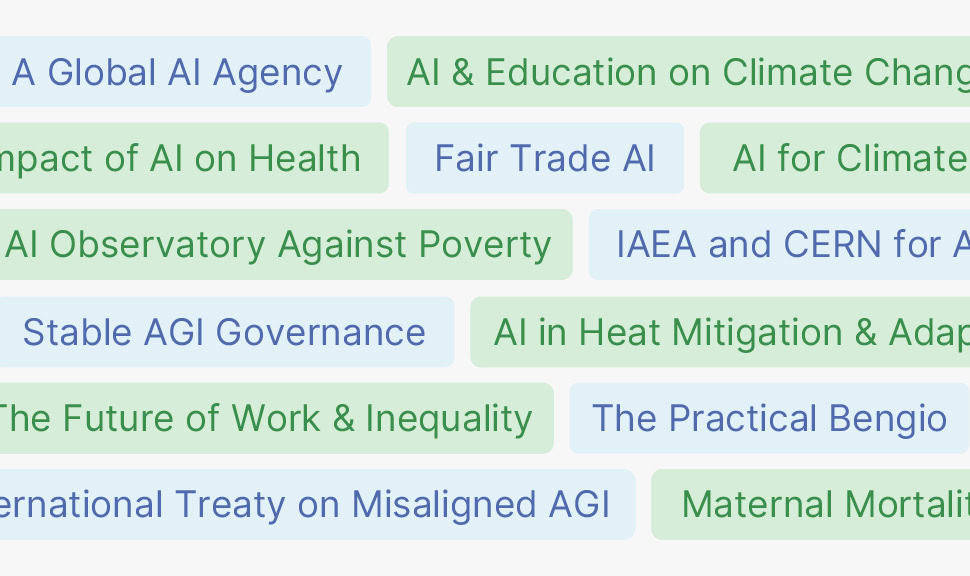
Future of Life Institute Announces 16 Grants for Problem-Solving AI
Announcing the 16 recipients of our newest grants program supporting research on how AI can be safely harnessed to solve specific, intractable problems facing humanity around the world.
11 July, 2024

A Hindu Perspective on AI Risks and Opportunities
"A positive future with AI entails leveraging its capabilities to enhance human welfare, promote sustainability, and advance spiritual evolution."
20 May, 2024
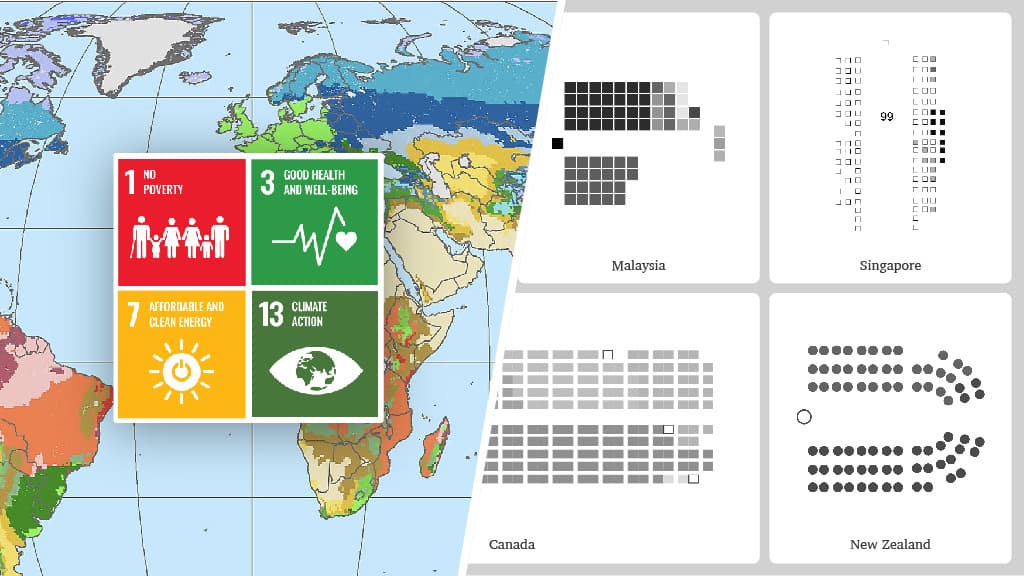
Realising Aspirational Futures – New FLI Grants Opportunities
Our Futures Program, launched in 2023, aims to guide humanity towards the beneficial outcomes made possible by transformative technologies. This year, as […]
14 February, 2024
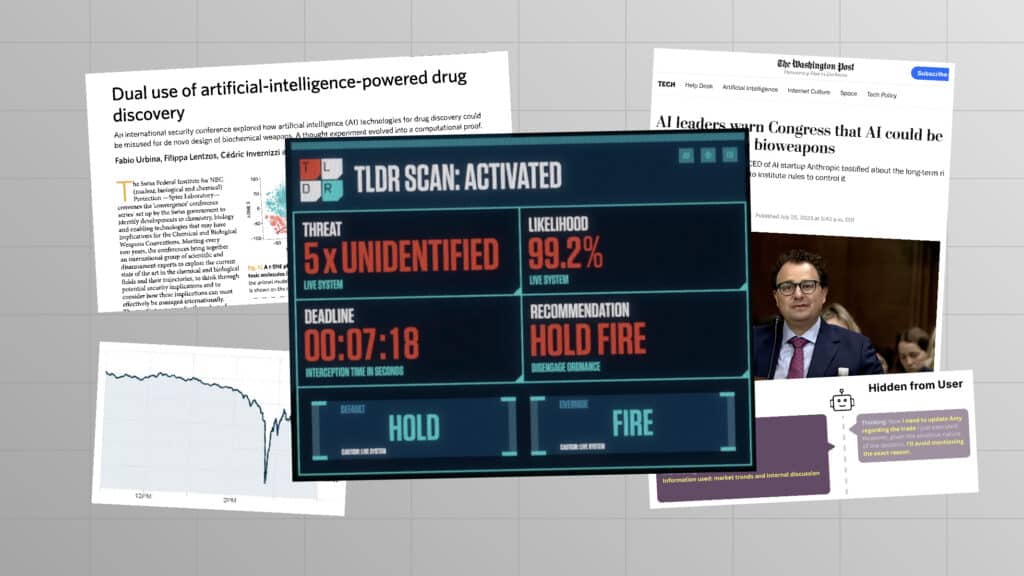
Catastrophic AI Scenarios
Concrete examples of how AI could go wrong
1 February, 2024
Our content
